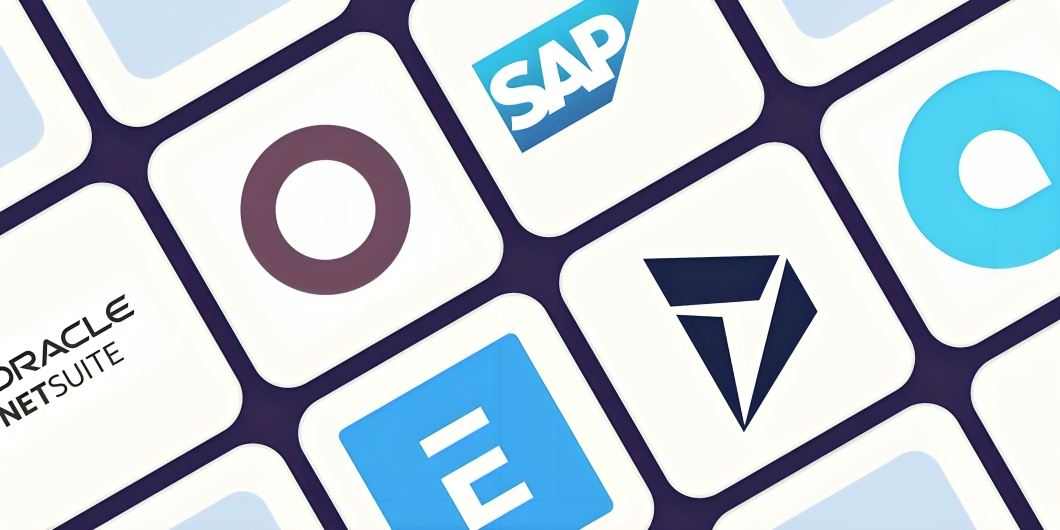Notifications

6 minutes, 41 seconds
-2 Views 0 Comments 0 Likes 0 Reviews

Running a modern business is like conducting a symphony—dozens of departments, tools, and people must be perfectly in sync. But in reality, many companies deal with disconnected systems, redundant tasks, and frustrating inefficiencies that slow them down. That’s where ERP software comes in.
ERP stands for Enterprise Resource Planning, a term that might sound technical, but its mission is simple: bring every key function of your business into one integrated system. From accounting and inventory to HR, sales, and supply chain, ERP platforms help businesses operate smarter, faster, and more collaboratively.
In this blog, we’ll explore what ERP software is, how it works, the different types available, and why Dynamics 365 Finance and Supply Chain Management is becoming a go-to choice for businesses looking to modernize.
At its core, ERP software is a centralized platform that manages and automates a business's core processes. Instead of juggling five or ten different tools for finance, inventory, procurement, customer relationship management, and payroll, ERP combines them all under one roof.
This integration makes it easier to:
Share data across departments
Reduce manual errors
Automate repetitive tasks
Make informed decisions with real-time data
Whether you’re a manufacturer tracking raw materials or a retailer managing orders and returns, an ERP system acts as the digital nervous system of your organization.
ERP systems typically function as a modular platform. Each module represents a business function like Finance, HR, Procurement, or Supply Chain, and can be customized to match your needs. These modules are connected through a shared database, so information flows seamlessly from one department to another.
Here’s a simple example:
A customer places an order.
The Sales module records the order.
The Inventory module checks stock availability.
The Finance module generates an invoice.
The Supply Chain module schedules delivery.
No duplicate data entries. No missed updates. Everything is synchronized, saving time and reducing human error.
Most modern ERP systems are now cloud-based, meaning you can access them from anywhere, on any device, without maintaining complex infrastructure in-house.
There are several ERP systems on the market, each catering to different industries and business sizes. Some of the most widely used ERP platforms include:
SAP S/4HANA: Known for its power in large enterprises, especially in manufacturing and logistics.
Oracle NetSuite: A cloud-based ERP popular among fast-growing startups and mid-sized businesses.
Infor CloudSuite: Designed for niche industries like healthcare, fashion, and distribution.
Microsoft Dynamics 365 Finance and Supply Chain Management: A flexible, AI-powered ERP system that integrates deeply with the Microsoft ecosystem.
Let’s dive deeper into why so many businesses are choosing Dynamics 365.
Dynamics 365 Finance and Supply Chain Management is Microsoft’s flagship ERP solution, built for companies that want both power and agility. It’s designed to handle complex financial operations, streamline procurement, automate warehouse and inventory management, and optimize your supply chain—all in one cloud-based platform.
Real-Time Visibility
Get end-to-end insights across finance, operations, and logistics. This helps leadership teams respond quickly to market shifts and supply chain disruptions.
Seamless Integration
As part of the Microsoft family, it integrates effortlessly with tools like Excel, Teams, Power BI, and Azure, reducing training time and boosting productivity.
Scalable and Modular
Whether you’re a regional distributor or a multinational manufacturer, Dynamics 365 Finance and Supply Chain Management scales with your needs. Add or remove modules as you grow.
AI and Automation
Leverage predictive analytics and built-in automation to reduce human error, improve forecasts, and speed up decision-making.
Compliance and Security
With Microsoft’s global infrastructure and security compliance, you can trust your data is safe and meets regulatory requirements in every market you serve.
ERP is not just for large corporations. Small and mid-sized businesses are increasingly adopting ERP to gain a competitive edge. If your company is experiencing:
Rapid growth
Expanding product lines
Manual, repetitive processes
Difficulty tracking orders, inventory, or finances
…it might be time to consider ERP.
And if you're already using Microsoft products, Dynamics 365 Finance and Supply Chain Management is often the most logical and cost-effective choice
Enterprise Resource Planning software isn’t just a buzzword it’s a backbone for modern business. It connects your teams, automates processes, and empowers decision-makers with data-driven insights.
As the business landscape continues to shift, more organizations are investing in ERP systems that are flexible, intelligent, and cloud-ready. For many, Dynamics 365 Finance and Supply Chain Management is leading the way, offering the right balance of innovation, integration, and industry trust.
If your company is ready to move away from spreadsheets and disconnected systems, investing in the right ERP could be one of your smartest decisions.

